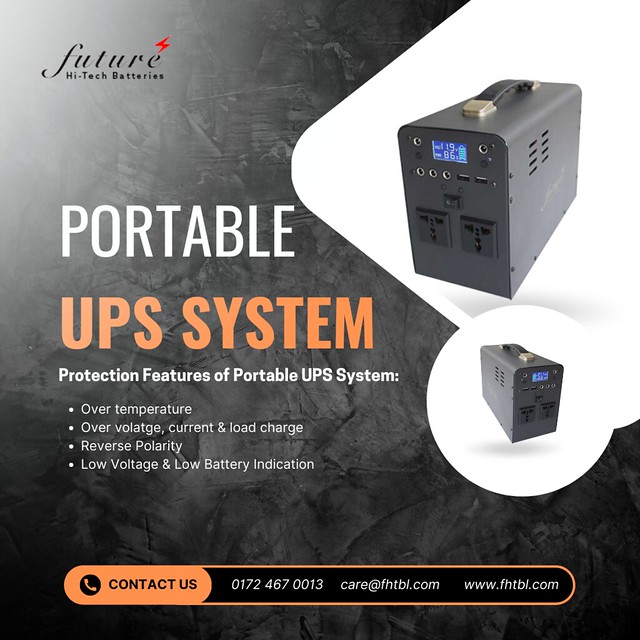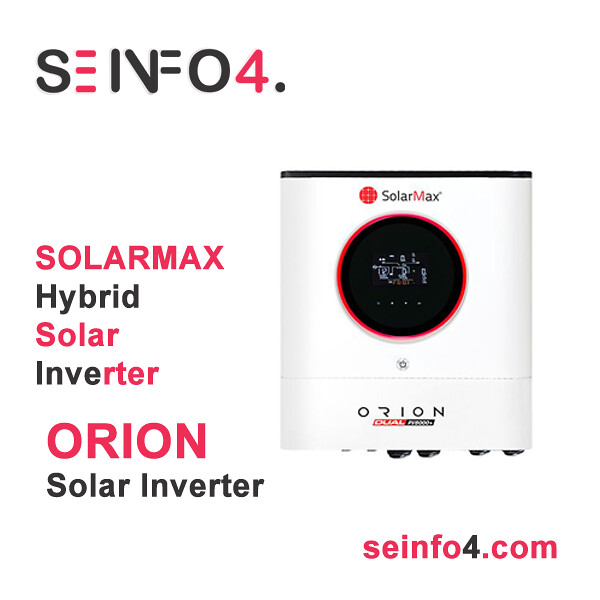Lithium Ion Solar Battery: Revolutionizing Renewable Energy Storage
Lithium Ion Solar Battery: Revolutionizing Renewable Energy Storage
Manufacturing Process:
The production of lithium ion solar batterie lithium ion solar battery s involves several steps. It begins with the extraction of lithium, a highly reactive and lightweight metal, from mineral deposits or saltwater brine. The extracted lithium is purified and then mixed with other chemicals to create the cathode mater

ial. Simultaneously, an anode material is produced using graphite. These two materials are coated onto thin foils and assembled into cells which are then connected to form battery packs.
Characteris lifepo4 battery wholesale tics:
Li-ion solar panel batteries have numerous distinctive characteristics that make them ideal for renewable energy storage systems. Firstly, they exhibit high energy density, allowing for maximum storage capacity in a compact size. Secondly, th lithium ion solar battery eir long cycle life ensures durability over extended periods of usage without significant deterioration in performance. Additionally, these batteries possess low self-discharge rates compared to alternative energy storage solutions.
Advantages:
The Lithium Iron Phosphate (LiFePO4) solar battery variant offers additional advantages such as improved thermal stability, enhanced safety features with lower risk Li-ion solar panel battery pack of overheating or explosions during charging or discharging cycles.
Usage Methods:
Lithium ion solar batteries can be used in various applications ranging from residential homes to large-scale industrial projects. They serve as effective backups for power ou lifepo4 solar battery tages while enabling seamless integration wi Lithium iron phosphate solar battery th existing grid infrastructure. Moreover,solar rechargeable lithium batteries provide portable power sources for outdoor activities like camping and hiking.
How to Select the Right Product:
1) Consider Capacity: Determine your required capacity based on daily energy consumption needs.
2) Check Voltage

Ratings: Ensure compatibility between the battery pack voltage ratings and your system requirements.
3) Evaluate Cycle Life: Assess the number of charge-discharge cycles offered by different products to estimate lifespan longevity.
4) Examine Safety Features: Look for built-in protection mechanisms against overcharging, shor Solar lithium ion energy storage system t circuits., etc
5) Compare Prices:A comprehensive price analysis is crucial to strike the right balance between cost and quality.
Conclusion: 48v lithium ion battery 200ah
Lithium ion solar batteries provide an efficient means of storing renewable energy generated from solar panels. With their superior characteristics and advancements in manufacturing processes, these batteries have become a reliable choice for industries and individuals alike. They offer high energy density

, prolonged cycle life, and improved safety features over traditional battery technologies. Whether it’s implementing residential or commercial solar energy systems or seeking portable power solutions, lithium-io lithium ion solar battery n batteries contribute significantly to reducing carbon footprints while ensuring uninterrupted power supply. Embracing this technology will undoubtedly accelerate our transition towards a green and sustainable future.
